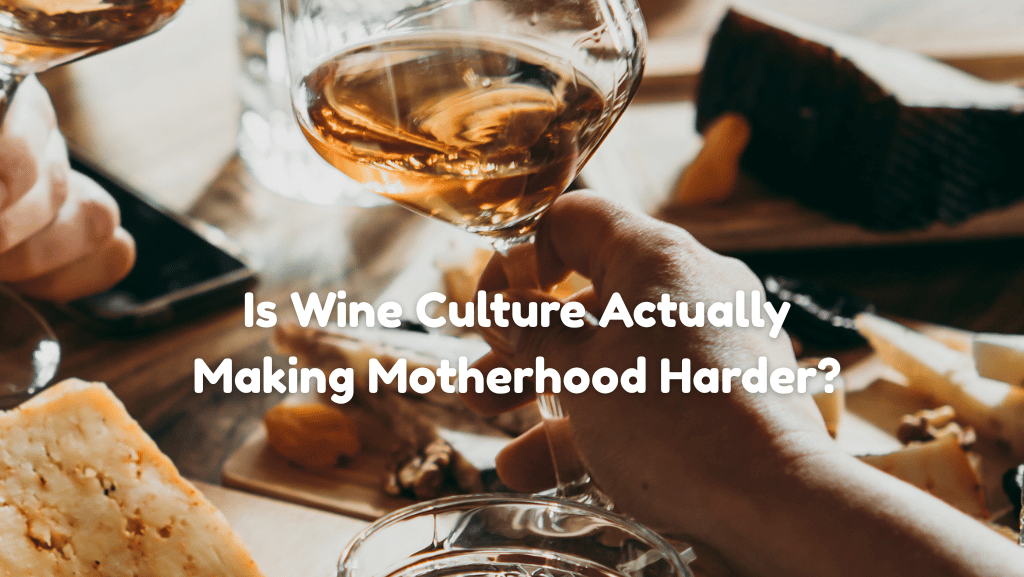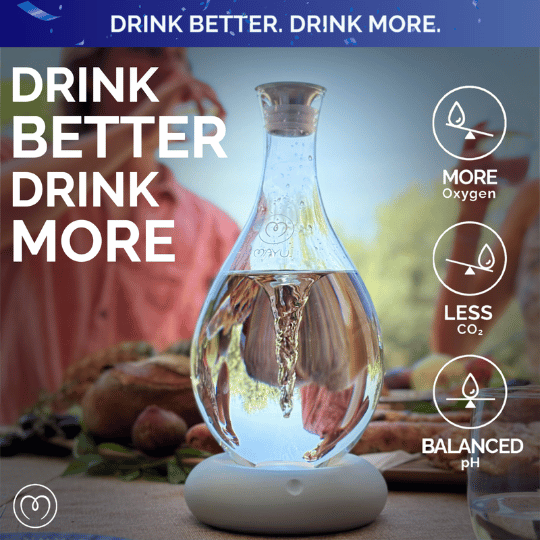There’s something about late afternoon light on a California patio, the kids tossing sidewalk chalk, and a chilled glass of rosé in your hand that’s been sold to moms like a rite of passage. On Instagram. At school pick-up. In the jokes your group text sends around after bedtime chaos. “Wine o’clock” isn’t just a punchline—it’s a whole vibe. But more and more moms across California are quietly setting down the glass. Not in judgment. Not in shame. Just… because it doesn’t feel good anymore.
In communities up and down the coast, from sunny San Diego to tucked-away towns in Sonoma, a different kind of motherhood movement is starting to surface. It doesn’t get as many likes as a wine meme, but it’s gaining traction in real life, in quiet living rooms and carpool convos and soft moments of self-honesty. What if letting go of wine culture isn’t the end of fun—but the beginning of actually feeling better?
California’s Wine-Soaked Mom Culture Started Off Innocent—But It Got Complicated
It didn’t start out toxic. At first, it just felt like a wink between moms. You’d pour a glass after a long day of tantrums and Target runs. You’d laugh at TikToks about hiding wine in coffee cups. You’d bond over bottle labels at Trader Joe’s. And for some, it stayed lighthearted. But for a lot of moms, especially in California where wine is quite literally everywhere, the whole thing got blurry.
What started as an occasional indulgence started creeping into the daily rhythm. One glass to take the edge off. Then two. Then needing it to cook dinner, unwind, manage overstimulation, or sleep. There’s no big dramatic rock bottom. Just a slow realization that you’re feeling worse. Foggy in the mornings. Shorter-tempered at night. Resentful and wired and drained. And no amount of pouring a second glass is fixing that.
Moms Are Realizing Wine Isn’t Self-Care If It’s Making You Feel Like Trash
A growing number of California moms are starting to name what used to be whispered. Wine isn’t actually helping. Not with the stress. Not with the connection. Not with the identity loss that hits hard during those early years of motherhood. It feels good for twenty minutes, then leaves you more tired, more anxious, more irritable. And no one wants to talk about that part.
But some moms are talking. At beach meet-ups in Santa Barbara. In private online groups started by L.A. doulas. At school fundraisers where someone quietly orders sparkling water and another mom breathes a sigh of relief because she didn’t want to drink either. There’s power in admitting that just because something is normal doesn’t mean it’s working. And maybe, just maybe, choosing not to numb out is the first step toward a happier life—one where you don’t always feel like you’re trying to escape your own family’s chaos.
There’s a New Kind of Cool Emerging in California’s Mom Circles—and It’s Sober
It’s not your grandma’s version of sobriety, and it’s not just for people who hit rock bottom. There’s this new wave happening, especially in the California mom space, where sobriety isn’t about white-knuckling or labels or giving up fun. It’s about opting in to something clearer.
You start waking up with actual energy. You stop scrolling through the night with a buzz and wake up with guilt. You begin to really enjoy your kids’ weird jokes and morning cuddles instead of just surviving them. You remember conversations. You find out what your hobbies actually are when you’re not half-tipsy at 7 p.m. And in these pockets—outdoor playgroups in Berkeley, hiking moms in Topanga, even sober-friendly book clubs popping up in Orange County—there’s a vibe shift. You don’t have to drink to belong.
Moms are swapping stories, not bottles. They’re talking about overwhelm, marriage dynamics, identity loss, and postpartum anxiety—things that wine promised to fix but never could. Sobriety is becoming more than a personal decision. It’s starting to feel like a quiet kind of rebellion. And honestly? It’s looking pretty cool.
When Wine Stops Working, You’re Not Out of Options—You Just Need Better Ones
If you’ve started to notice that wine leaves you feeling heavier instead of lighter, that’s not a failure. It’s a sign. And California actually has some of the most forward-thinking, flexible support options out there. You don’t have to leave your family for 30 days or wear a label that doesn’t feel right. You can start small.
Some moms begin by journaling. Others find sober podcasts, or follow accounts that make alcohol-free life look joyful instead of bleak. And when that’s not enough, support gets real—and accessible. Whether you’re drawn to a 12-step, a detox center or a virtual IOP in California, you’re not stuck. You can get help that fits your schedule, your needs, and your life as a mom. These aren’t shame-based programs. They’re modern, personalized, and full of people who actually understand what it’s like to be a mom who’s trying to hold it all together without losing herself in the process.
You’re allowed to want more. More energy. More peace. More clarity. Even more connection—with your partner, your kids, your own inner voice. Sobriety isn’t about missing out. It’s about showing up. Not just physically, but emotionally, and in a way that feels grounded.
Letting Go of Wine Culture Doesn’t Mean Letting Go of Joy
You’re still allowed to celebrate. To throw backyard parties and pop something fizzy. To laugh with friends late into the evening. To take the edge off—but with tools that don’t leave you wiped out the next day. You still get to feel like you. In fact, a lot of moms say they feel more like themselves than they have in years.
Letting go of wine doesn’t mean losing the magic of motherhood—it means making space for the real stuff: actual rest, honest friendships, and the wild, beautiful unpredictability of raising humans in a world that already throws enough curveballs. You don’t need to be numb for that. You need to be there for it. And you can be.
It turns out, wine isn’t the badge of modern motherhood. Presence is.





